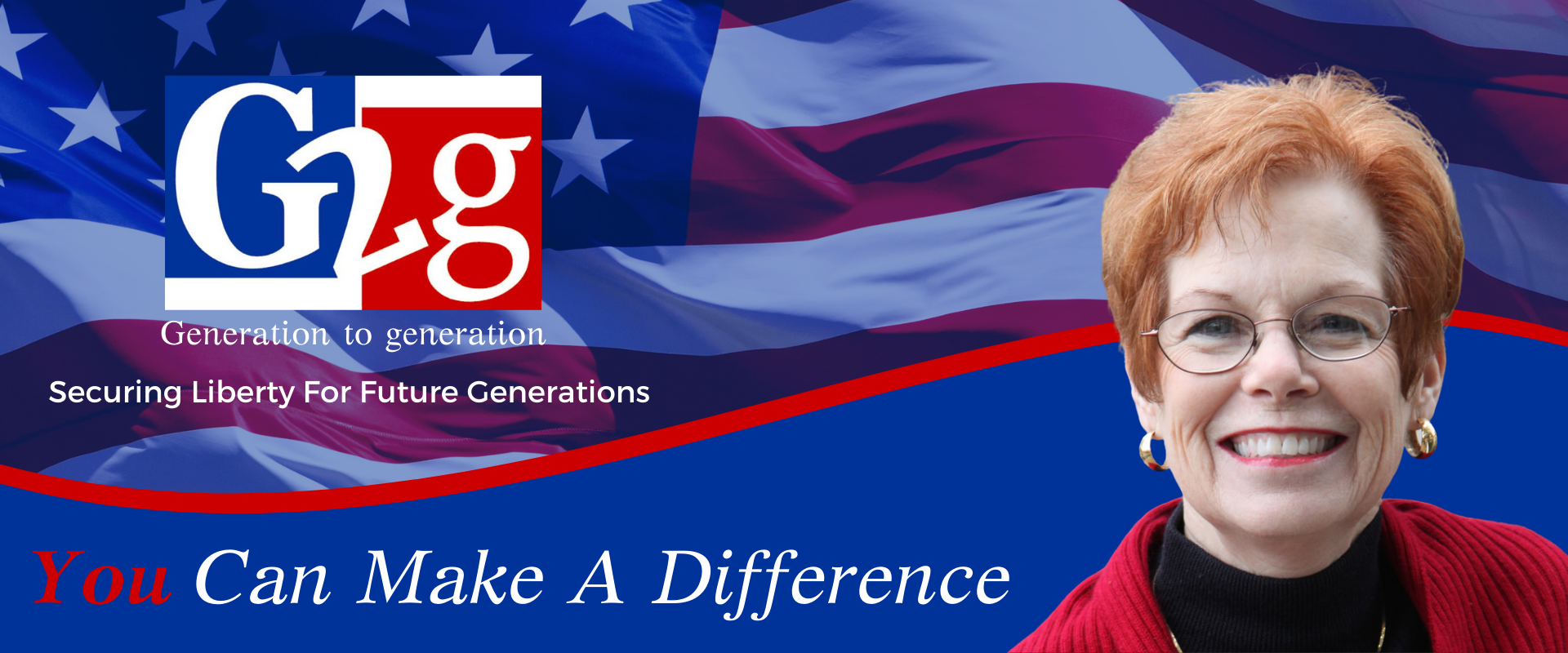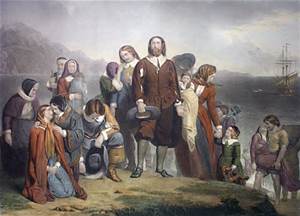So in October, 1620 the Separatists were on their way to America. Unfortunately, the time of year that this group set sail was when the Atlantic was at its stormiest. Because of bad weather, it was impossible for the passengers to go up on deck during the entire journey, a journey that lasted almost two months. They could not even open the hatches for fresh air. They had no bathrooms, no running water, no fresh food (only dried food), no baths, and no fresh air. Many were seasick and scurvy was going through the passengers. I do not know of many today who could endure those circumstances. But, because their trust was in God, they endured without complaining. Even the children did not complain. Now that is impressive!
Have you ever seen a life-size replica of the Mayflower? It is hard to imagine 102 people surviving in such cramped quarters for so long. The Mayflower was surprisingly small by modern day standards. In addition some of the sailors on the Mayflower showed nothing but contempt towards the Separatists, now called Pilgrims. However, when the leader, a mean spirited man, took sick suddenly and died within one day, the rest of the crew stopped mocking them.
God truly protected them during this rough sea journey. God also used the time on the Mayflower to unite the Separatists/Pilgrims and the “strangers”, forming them into one company.
Because the storms blew them off course and their efforts to sail south along the coast failed, they came to believe God had other plans for them. When the Pilgrims realized they were not going to land in northern Virginia and would end up outside of the Charter’s specified area, they knew they needed to draw up a governing compact to form their own government. Without some type of agreed upon laws for behavior, they knew everyone would do what was right in their own eyes and chaos would ensue.
The Mayflower Compact, marked the first time free and equal men voluntarily entered into a covenant to create a civil society based on the Biblical principles of self-government. Next to the Ten Commandments, the Mayflower Compact became the second of our founding documents and the basis for all law and order in the new colony and the new nation. William Bradford, John Carver, Miles Standish, Elder William Brewster and Edward Winslow were the authors of the Mayflower Compact. It is astonishingly brief.
Mayflower Compact, November 11, 1620
“In the name of God, amen. We whose names are under-written, the loyal subjects of our dread sovereign Lord King James by the Grace of God of Great Britain, France, Ireland, King, Defender of the Faith, etc.
“Having undertaken, for the glory of God and advancement of the Christian Faith and honor of our King and country, a voyage to plant the first colony in the northern parts of Virginia, do by these presents solemnly and mutually in the presence of God and one of another, covenant and combine ourselves together into a civil body politic, for our better ordering and preservation and furtherance of the ends aforesaid, and by virtue hereof to enact, constitute and frame such just and equal laws, ordinances, acts, constitutions and offices from time to time, as shall be thought most meet and convenient for the general good of the colony.
“Unto which we promise all due submission and obedience. In witness whereof we have hereunder subscribed our names at Cape Cod, the 11th of November, in the year of the reign of our sovereign King James of England…Anno Domini 1620.”
When they finally set foot on this Promised Land, they knelt and gave thanks to God for a safe passage. They had begun their long journey by kneeling on the dock at Delftshaven to ask God’s blessing; they ended it on the sands of Cape Cod, kneeling to thank Him for that blessing. Only then did they send out a search party to find a suitable location for their plantation. The search party came back safe, after a frightful encounter with unfriendly Indians, having achieved their goal of finding the best location for their plantation which they named Plymouth after the town from which they sailed.
Plymouth is located on a perfect bay and slopes up to a plateau, a great place for their safe house. Orchestrated by God, they had a perfect site that met their every need. The hostile Indian tribe that had occupied that place all died from a plague nine months before the Pilgrims arrived.
Historians to this day do not know why this plague destroyed this tribe (Patuxet Indians). The surrounding tribes felt that evil spirits killed the Patuxet tribe; therefore, they kept their distance from this spot. This enabled the Pilgrims to settle in the area safely. Fortunately, some of the other tribes in the region were peaceful. The land had been fully prepared for these new settlers which even included a buried stash of corn that would provide seed to plant in the spring.
After searching out the land, William Bradford returned to the ship to receive the news that his wife had fallen overboard and drowned. Bradford, at the age of thirty, had to make a decision between self-pity and bitterness, or throwing himself into leading the new settlement. He chose a productive life moving forward to a new life with new choices and opportunities.
By the end of December the “general sickness”, brought about by weakened immune systems, started to spread throughout the Plantation. The Pilgrims began to die. In total forty-seven died over that first winter – nearly half of the original group. With all the trials that first winter, the group grew closer together in their trust in God. At one point there were only five men well enough to take care of the sick. Captain Miles Standish, Elder Brewster and several others served the company. They chopped wood, cleaned, clothed, cooked, and tended the sick. They buried the dead at night so the Indians would not realize their number was diminishing.
Next week we will look at life on this new Plantation and the First Thanksgiving.
Dinner Table Discussion Questions: All things being equal, what do you think is the main difference between their children and the children of today? Remember all things being equal means don’t consider all the media/entertainment we have today. What are you grateful for this year?

